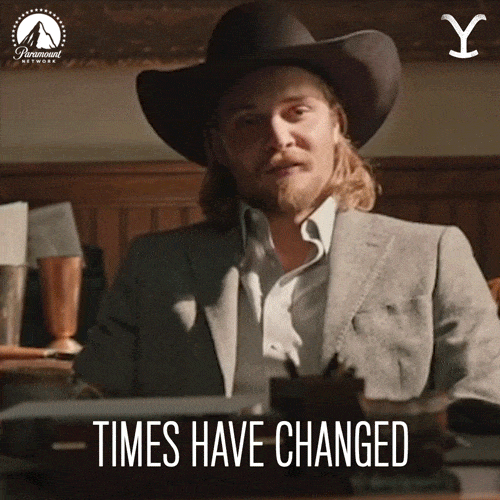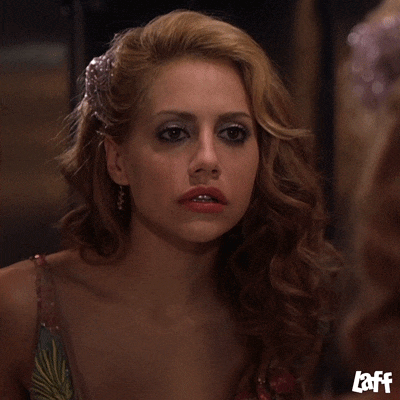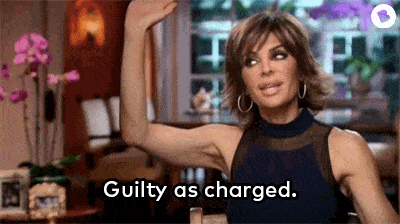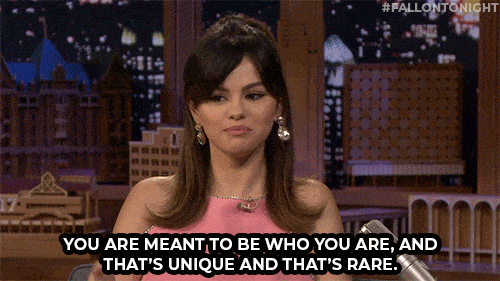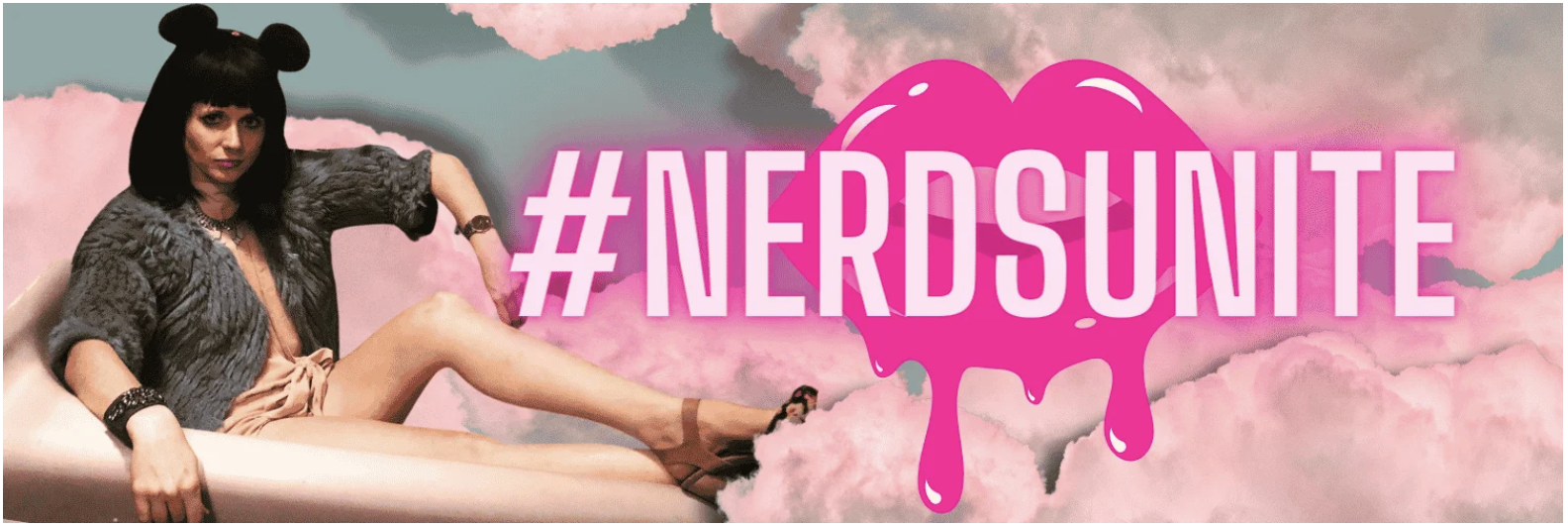#Unmasking: Anyone else practice speaking in front of a mirror before they went out?
<editorsnote> My first Reel series has reached 3.8 million people. For reference, that’s the population of Los Angeles. I can’t WAIT for the next series, and am so happy to now understand “why I am so different.” Apparently a lot of other people are too!! So that begs the question, “what does ‘being different’ really mean? </editorsnote>
Up until about five years ago, before I went out for the night, I would practice “predicted facial expressions.” I was super self conscious about smiling too big (or not enough), and tried developing a more “neutral face” vs. my natural “resting processing face.”
Now, not only am I saving more money unmasking (less Botox by just being who I am), and time (because who wants to “talk” to themselves in a mirror).
I am genuinely in a much happier and much more grounded place.
Masking (for those who aren’t familiar) is when autistic people feel the need to present or perform social behaviors that are considered neurotypical. (Which is like every minute of every day.) Some people may feel they have to hide neurodiverse behaviors in order to be accepted.
It was a struggle every day wondering if my face matched my expression and tone. (I’m often misunderstood which is why I communicate so effectively through writing and more specifically gifs.) I was aware of the struggle but didn’t understand this was a “neurodivergent response” to living in a “neurotypical world.”
I don’t know what more I have “left to unmask,” as it’s quite the layered process. I did just purchase the audiobook “Unmasking Autism” which has been highly recommended across multiple Autism groups I am a part of. I’m excited to learn more and am more proud that whatever excitement I feel, I may never judge myself for smiling too big or not enough.
I’m really happy in the header photo here … and it’s from me being me, and not because I went viral.
